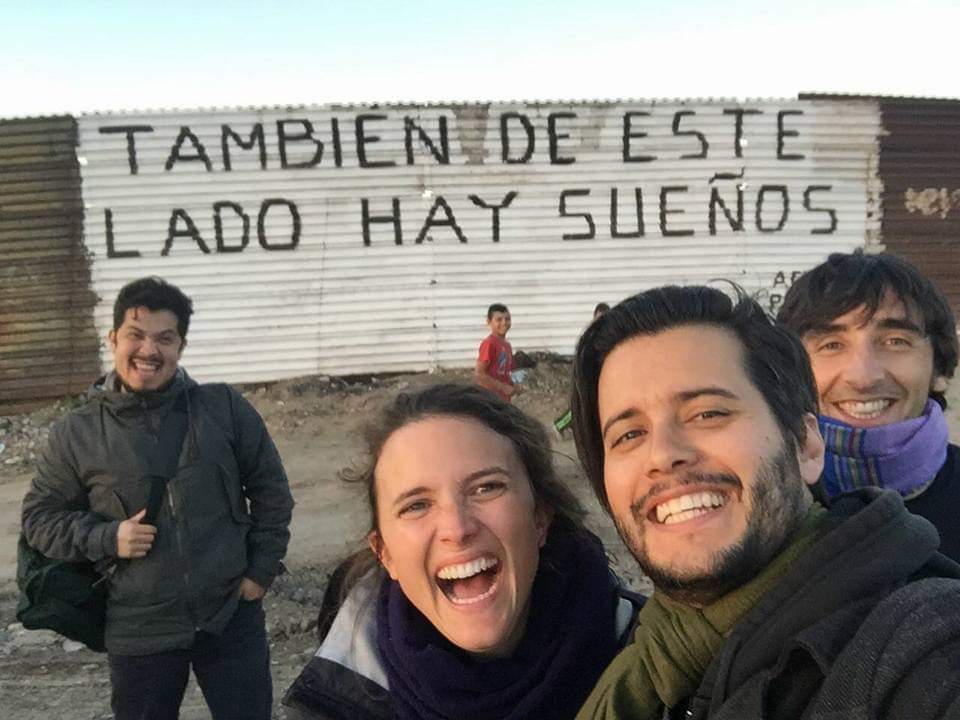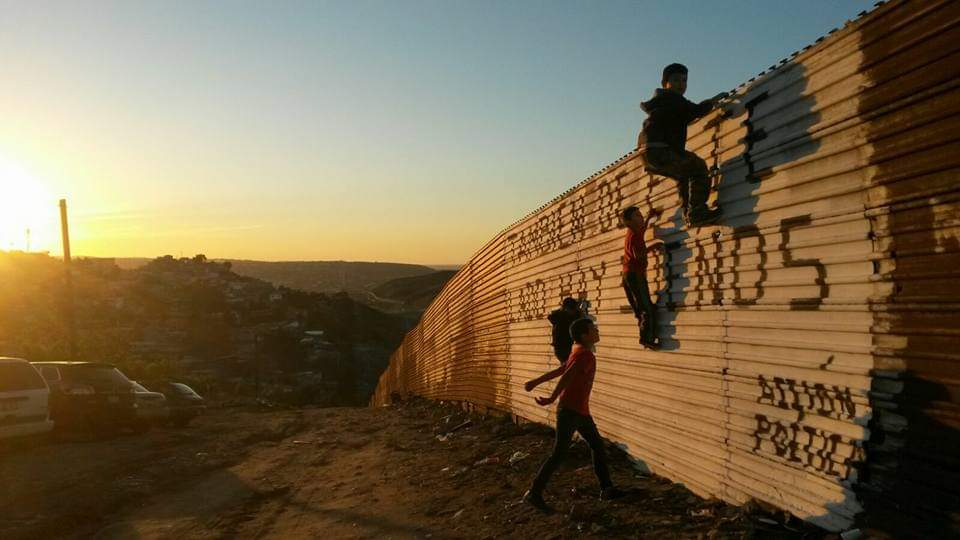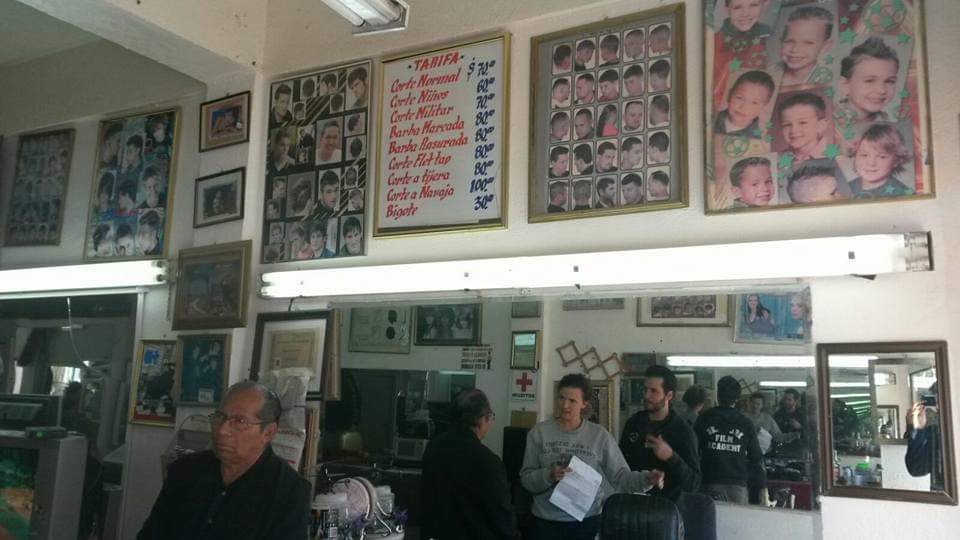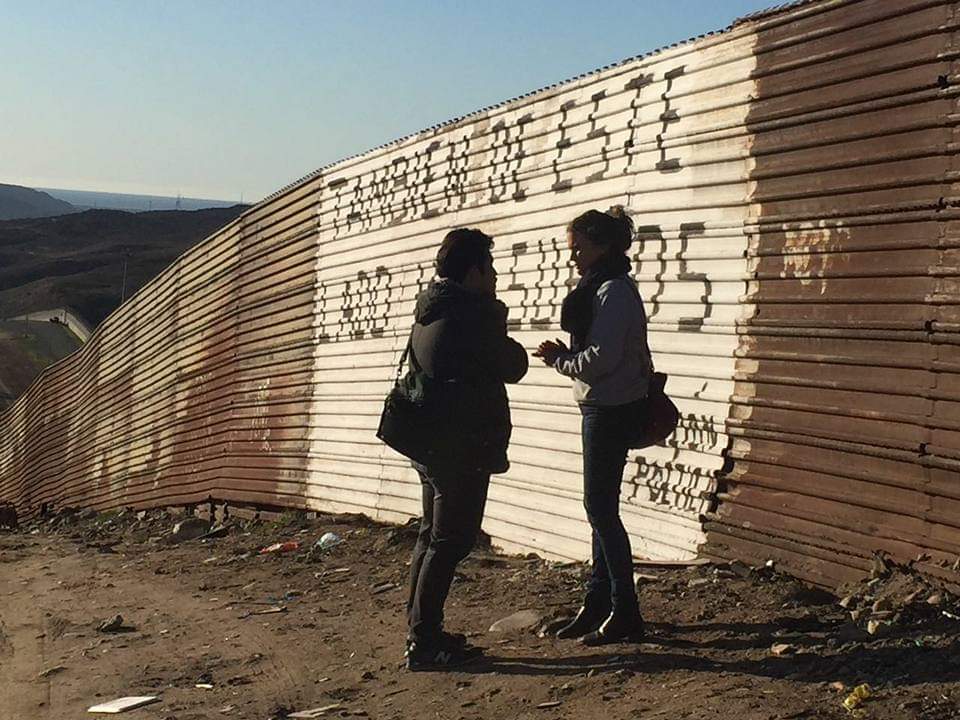Ojalá – A one minute film about hope and regret
In 2017, French scriptwriter, director and actress Marie-Stéphane Cattaneo directed her first short film called “Ojalá”. The film tells the story of an ordinary day, in the life of an ordinary man, in a corner of the world which is anything but ordinary.
The one minute short film has been selected for over 20 international film festivals and won the Audience Awards of the European Festival “Freedom, I film you” and Bristol DepicT! Short film festival.
The film will be part of MoMo ’19 and it will be screened on May 11 at Kosmos in Zurich.
Notes from the MoMo Jury: “Really well made. Shots look great, well edited. Most importantly VISUAL storytelling. In 1 minute a story is told just with images. The end shot reveals something you weren’t expecting – what we see at the start is turned on its head.”

They [film festivals] are fundamental because they are a great window to our work, they allow us to meet people, to exchange, create connections worldwide and build projects together. – Marie-Stéphane Cattaneo
Interview with Marie-Stéphane
What is the story behind your film?
Tijuana, the city where we shot «Ojalá», is a very important city to me. I went there often and I lived there during a few months. A few years ago, I remember being extremely shocked watching in the news that a young migrant was beaten to death while crossing.

I also have in mind that three of my grandparents immigrated to France. And that they were people like any other, very normal, very peaceful, just wanting to continue their life elsewhere.
Like this young man.
With this very short film, I just wanted to show the moments before you leave your country: what do you chose to do during this very last day? Do you do something special or something very common? Do you go to eat at your favorite place? Do you talk to your family? Or do you decide to not say anything to them?
The title of the film is very important to me : «Ojalá» in Spanish means at the same time hope and regret. The regret to leave your country… and the hope that everything will be fine in this new world.
What were the steps which led you to make it?
When I travel, I love to create projects with the people I am travelling with. I was about to go to Tijuana for a few days and as it is a very cinematic city, I thought of writing a very short film that we could easily shoot with my Tijuanese friends who are also in the cinema industry.
I had an idea, quite simple, I drew a little storyboard, we took a few hours to go location scouting and we shoot over a day.

Why did you choose a smartphone to film with.
I chose a smartphone because I had in mind to apply to the Mobile Film Festival in Paris. So I wrote a story that would fit a format: 1 minute and shot by smartphone.
What equipment did you use?
Iphone 7, no app, no filmic pro. We edited on Adobe Premiere.
How much did you know about filmmaking before you made this film?
I had been a professional actress for 5 years (I acted in about 40 short films) and I had written a few short film scripts that had been produced and directed by another filmmaker. «Ojalá» was my very first project as a director.
What did you like about filming with a phone? What were the downsides, if any?
I liked that it was a very light equipment that allowed us to be discrete. To me it was a perfect tool for a first film: I felt it as very empowering because it is “less ambitious” at first sight and less expensive than a traditional camera.
As downsides : there are certainly less informations that are recorded…
Has making the film changed your life in any way?
Yes it has because it was a first step to begin to learn directing. I have directed other smartphone films after this first one and I am currently in the postproduction of my first non-smartphone short film which I could somehow make thanks to «Ojalá» (especially because thanks to «Ojalá» I could win some financial awards, that opened the production of my last short film).
«Ojalá» has been shown in about 30 festivals around the world and permits me to meet many filmmakers and to build projects with them. For instance, I met an Iranian crew at the Sedicicorto film festival in Italy who later directed and produced my last one minute script shot with Iphone.
If I had not made «Ojalá», none of this would have happened!

How successful was the film, personally and in gaining an audience for your work?
I have been very happy with the life of «Ojalá»: we had the chance to be selected in over 20 festivals around the world, to be screened in some events talking about migration, as first part of major films… and we also got a few awards including the jury award of the Takavoir Film festival in 2018.
I’m also very very happy because the film was shown in Mexico and in the States.
Looking back on the movie, is there anything you’d have done differently?
No! I was very happy with the process and even if we made some mistakes (there always are!), I learnt a lot from them… so I was happy those mistakes happened!
How important are film festivals that give these kind of films a platform for you?
They are fundamental because they are a great window to our work, they allow us to meet people, to exchange, create connections worldwide and build projects together.
Read Next: The Mobile Motion Film Festival.
Eager to learn more?
Join our weekly newsletter featuring inspiring stories, no-budget filmmaking tips and comprehensive equipment reviews to help you turn your film projects into reality!
andreaholle_184e0he5
Founder & Director of Mobile Motion Film Festival.
Andrea studied Business Communication at the Lucerne University of Applied Sciences

